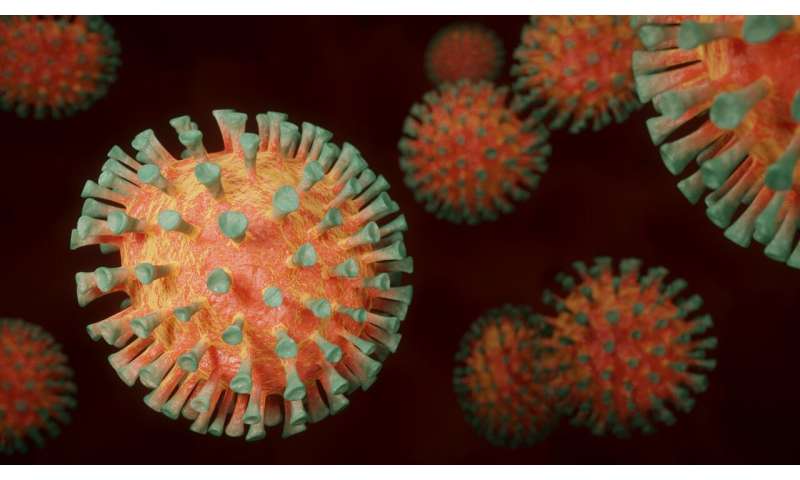I still have COVID-19 symptoms. Am I contagious?

With new information about the coronavirus coming out every week, it can be hard to keep track of the details you need to keep your family safe.
Among them: For how long is the virus contagious? Do I have to stay home as long as I have symptoms? Is it possible to get reinfected?
Unfortunately, there are no easy answers.
Doctors and researchers are finding that one of the most challenging aspects of treating the coronavirus is that it affects patients differently.
Some people experience only mild symptoms and may not even know they have COVID-19 if they aren’t tested, while others spend weeks in the hospital fighting to recover.
Adding to the confusion, the U.S. Centers for Disease Control and Prevention in early August said that people can continue to test positive for up to three months after a COVID-19 diagnosis and not be infectious.
Doctors currently believe the virus is most contagious about the time symptoms appear. People who are otherwise healthy remain contagious for about a week, while people who are sicker and have other health complications may take longer to clear the virus and be contagious for up to two weeks, said Thomas Fekete, chair of the department of medicine at Temple University’s Katz School of Medicine.
For that reason, the CDC recommends staying home, away from others. until:
- It’s been 10 days since symptoms first appeared.
- You’ve gone 24 hours without a fever and without the use of a fever-reducing medication.
- Other symptoms are improving.
What about people who already had COVID-19? Are they in the clear or is it possible to get reinfected?
Researchers in Hong Kong recently reported the first confirmed case of reinfection in a 33-year-old man who first tested positive in late March and became sick with a different strain of the virus four months later, while traveling in Spain. Since then, several reinfections have been confirmed in other countries, including one case in the U.S.
Experts don’t agree on the significance of those cases, and the CDC says more research is needed on how long immunity can last after an infection.
Fekete said it’s hard to know how common reinfection is, since people can test positive for the virus long after its contagious period. Doctors would have to be able to test and compare the new and original virus samples to know whether a second positive test was a new infection or residual from an earlier infection.
“It’s a little beyond the capacity of our strained laboratories that are struggling just to do normal testing,” Fekete said.
Source: Read Full Article
